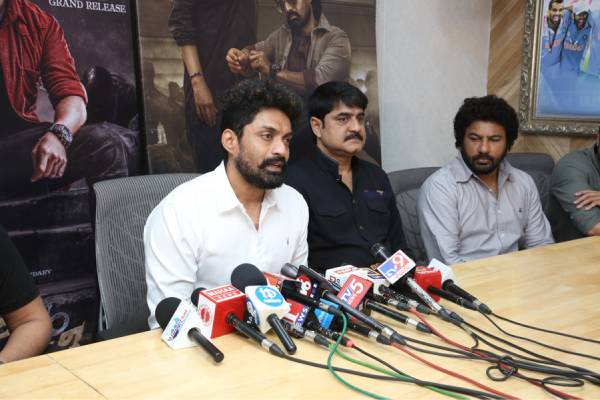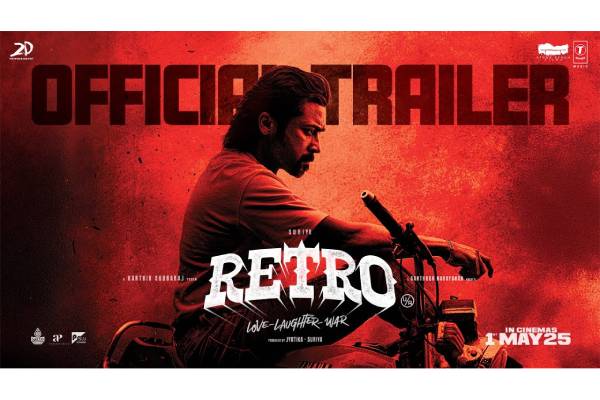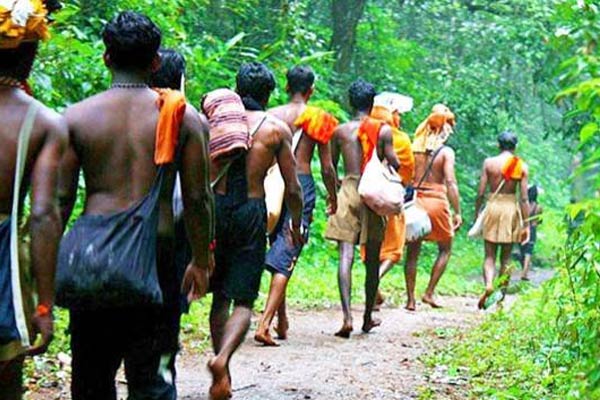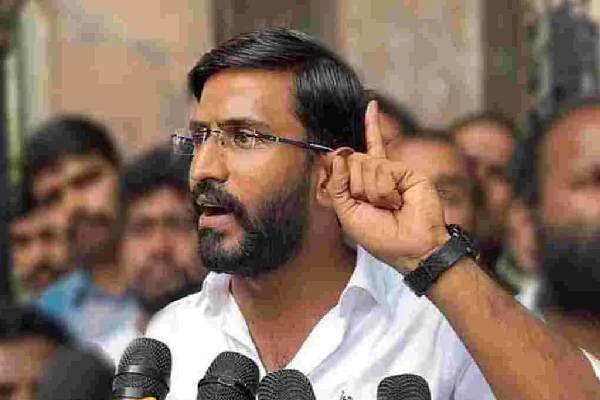Union Minister Smriti Irani today made some controversial remarks on ongoing Sabarimala issue. It is known news that as per recent Supreme court verdict (September, 2018), any woman can enter into Sabarimala temple. Earlier, there was ban on woman between the ages 10 and 50 to enter the temple. Now, after the SC verdict, many women are trying to enter the temple but in vein as right wing activists are obstructing their entry.
In 1991 Kerala Kigh court verdict banned women (10-50 years age) entry
Administration and legal duties is managed by Travancore Devaswom Board, an affiliate authority of Government of Kerala. Before 1991, women visited the temple. There were instances when even the Maharani of Tranvancore had visited the temple. But all of this changed with Kerala High court verdict in 1991.
In 1991, the Kerala High Court gave a ruling in which it banned entry of women between ages above the age of 10 and below the age of 50 from offering worship at Sabarimala Shrine. These women are not allowed into temple during any period of the year. Court gave the reason for such restriction too – it said this verdict was in accordance with the usage prevalent from time immemorial. Court also directed the Government of Kerala, to use police force to ensure the order to ban entry of women to the temple.
Why women not allowed since ‘time immemorial’?
Court just mentioned it as the practice followed for several years. However, people say, in olden days, there was no restriction as such on women but women voluntarily did not visit this temple. To explain the reason – there are many legends. According to one such legend, Ayappa is celibate so that he can focus on answering the prayers of his devotees. And he will remain celibate till the day kanni swamis (first-time devotees) stop coming to Sabarimala. As per the same legend, Malikapurathamma, who was freed from curse by Ayyappa wanted to marry him but Ayyappa told he will marry only when kanni swamis stop coming. So women, out of the love for Malikapurathamma, did not visit this temple.
Now comes constitutional conflict:
Indian Young Lawyers Association and others challenged the ban in apex court. They referred to articles 25 and 26 (Freedom to practice religion) of the Constitution and said that a person can only be restrained on the grounds of “public health, public order and morality”. Even the morality mentioned here must abide by principles of constitution. So this subject became the debate on fundamental rights of women.
Supreme court decision, 2018
On 28th September 2018 the Supreme Court of India, overturned the ban on women between the ages of 10 and 50 entering the temple . The apex court stated that the selective ban on women was not an “essential part” of Hinduism, and instead a form of “religious patriarchy”.
Smriti Irani’s controversial comments:
Union minister commented on the issue and told “I am nobody to speak against the Supreme Court verdict as I am a serving cabinet minister. But just plain common sense is that would you carry a napkin seeped with menstrual blood and walk into a friend’s house. You would not. And would you think it is respectful to do the same when you walk into the house of god? That is the difference. I have the right to pray, but no right to desecrate. That is the difference that we need to recognize and respect.”
She also shared an incident when she had to wait outside a fire temple in Mumbai, with her son inside. “…What does that mean irrespective of whether I am a politician or a minister, because I have two Zoroastrian children and a Zoroastrian husband. I am made to stand outside. I will stand either on the road or sit in my car… When I took my newborn son (to a fire temple in Andheri), I had to give him at the temple, gave him to my husband, because I was shooed away and told don’t stand here,” she said.
However her comments are creating controversy as it looks like she preferred traditions over the judgements of apex court in the country.
What lies ahead?
Now political parties are busy playing the ballgame. Communist government is saying, RSS activists are hindering women entering the temple and defying the courts. BJP ministers and new leaders like Rajnikanth, who wants to do spiritual politics, supporting the traditions over the court judgements. Whenever such verdicts announced there will be some chaos but they gradually dissipate. Over the period of a decade or so, perceptions change and people change and they gradually accommodate constitutional bindings.


































